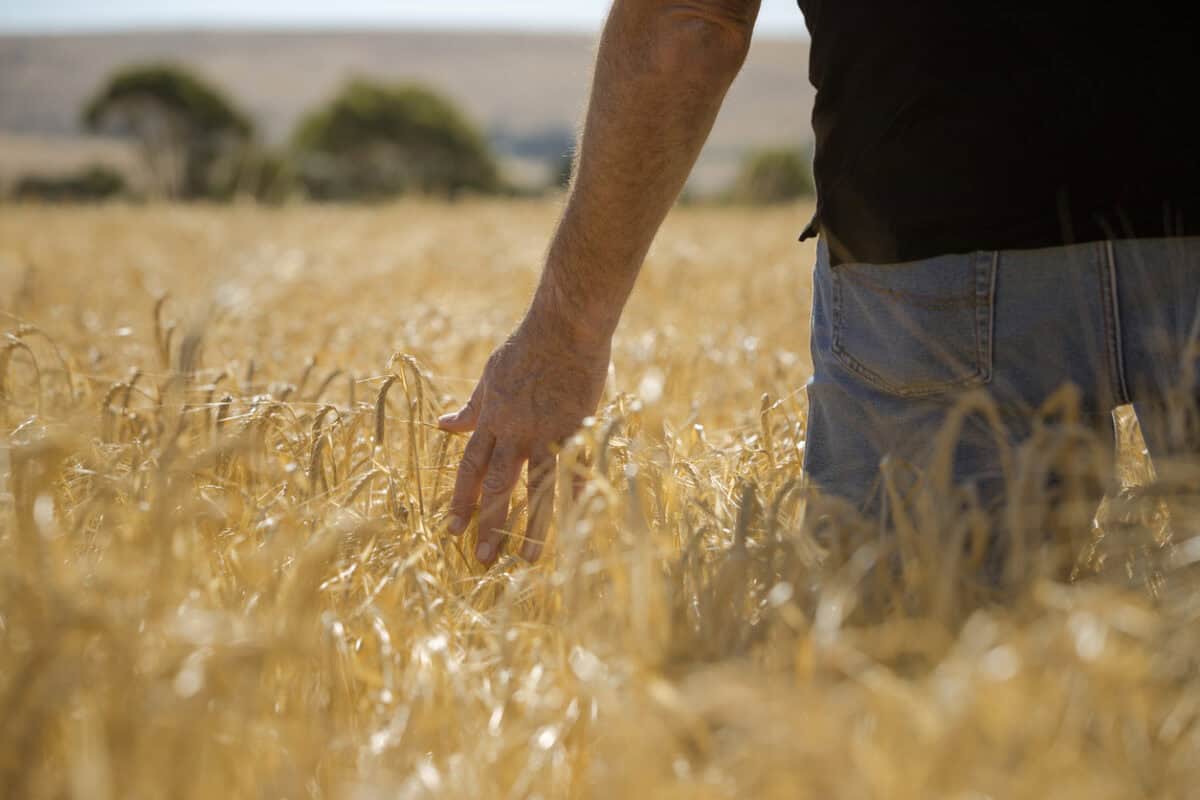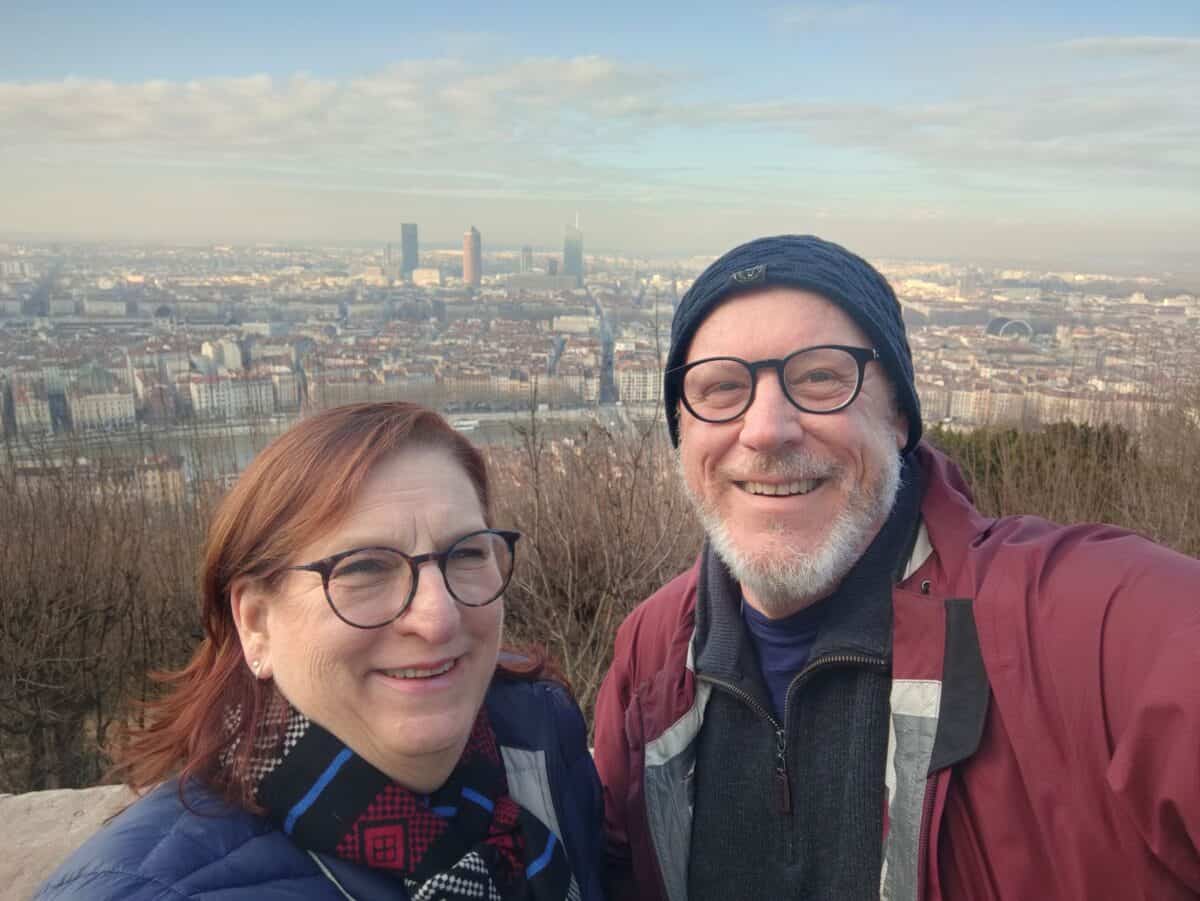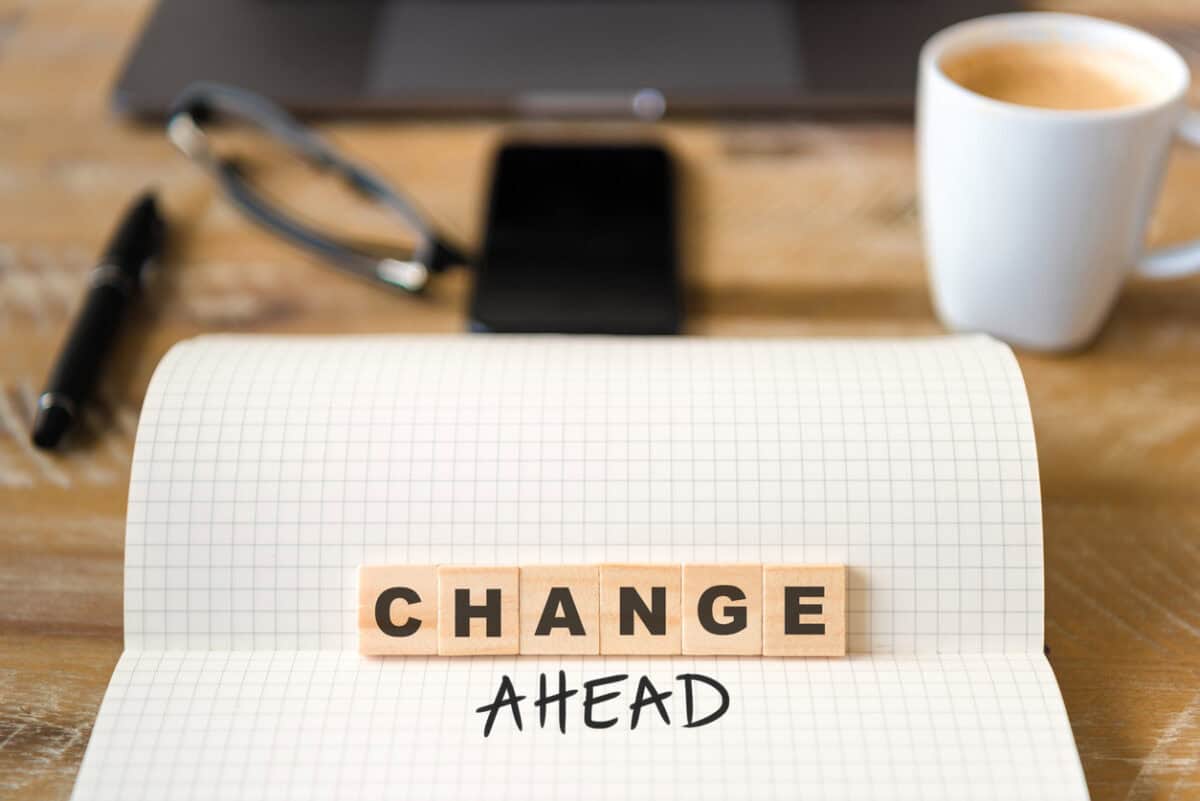I have written several articles on the moral foundations of occupational health and safety (OHS). This week, I sought assistance from the Bible via artificial intelligence apps, Text with Jesus and others. Below is that conversation and some useful, but synthetic, Biblical advice on managing a business safely.
Category: culture
Why Global Initiatives Won’t Prevent Workplace Harm
Every few years, a new global initiative arrives promising to reshape corporate behaviour. The Sustainable Development Goals (SDGs) were meant to align business with human well-being. The Global Reporting Initiative (GRI) promised transparency. ESG (Environmental, Social and Governance) reporting was sold as the market‑friendly mechanism that would finally make corporations care about people and the planet.
Yet here we are, decades into these frameworks, and the pattern of harm inside workplaces looks remarkably familiar. Catastrophic failures still occur in companies with immaculate sustainability reports. Precarious work continues to expand. Psychosocial harm is rising, not falling. And the gap between what corporations say and what they do has never been wider.
The uncomfortable truth is that these global initiatives are not designed to prevent harm. They are designed to signal responsibility without redistributing power. And harm prevention, as we know from decades of occupational health and safety (OHS) experience, is fundamentally a question of power.
When Work Kills and No One Counts the Dead
An open letter about workplace suicides was published to support World Mental Health Day in 2024. The research work of some of the signatories has continued and appeared in a 2026 editorial in Volume 46 of “Crisis – The Journal of Crisis Intervention and Suicide Prevention“, calling for action.
[This article, unavoidably, discusses suicide]
Agriculture Has the Injuries of a Regulated Industry, But Not the Regulation
Over the past few months, I have increasingly encountered the term “regulated industries” in the context of occupational health and safety (OHS) laws. In OHS in Australia, these industries seem predominantly to include:
- Construction
- Mining and
- Major Hazards.
I can identify no reason why farming should not also be a “regulated industry”.
We let people off the hook when we keep talking about organisations and corporations
Over the last few decades, occupational health and safety (OHS) thinking has emphasised that the tangible hazards and risks at work are primarily created by unsafe systems of work or by poor organisational culture or maturity.
I am not sure that “organisational” is the most appropriate adjective. There are better alternatives: terms that re-humanise the decision-making process and acknowledge that culture comprises people.
Respect as a Social Obligation, Not Just a Workplace Duty
Most of you will have been able to determine some of my values from the thousands of articles I have written here, but sometimes it is worth stopping, reviewing and clarifying. I met a friend in Zurich of a different political leaning from mine last week who, in a simple way, confirmed some of my thoughts.
He said that we need to respect each other. This is not difficult, but it can create enormous conflict and anxiety, especially as we continue to learn how traditional categorisations and approaches are no longer valid and may never have been.
Workplace Suicides Becoming Australia’s Next Regulatory Flashpoint
You should have heard by now that Safe Work Australia (SWA) has come through with guidance on having work-related suicides included in each jurisdiction’s occupational health and safety (OHS) legislation as incidents that will require notification to the local OHS regulator. If you haven’t, get a new OHS or Human Resources (HR) adviser because the future will be a bumpy, uncomfortable and challenging ride.
Warning: this article discusses suicide.







